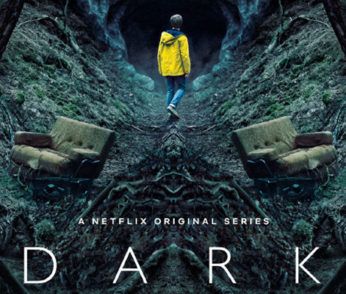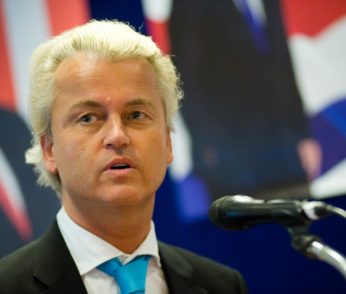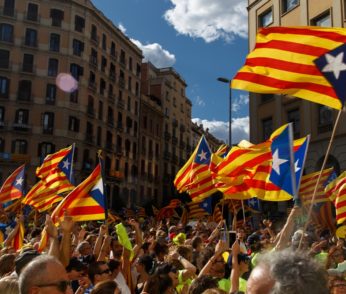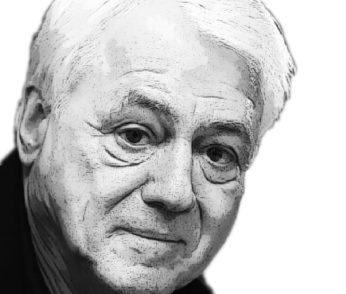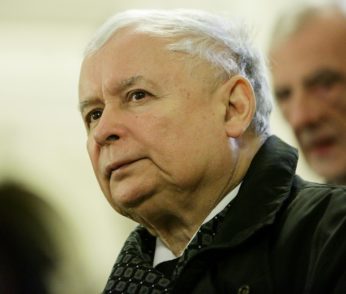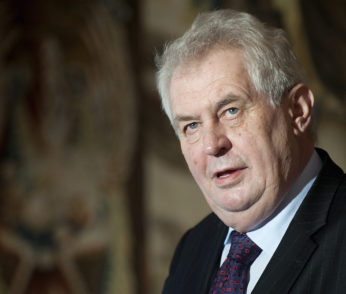By Samantha Fox
Dark, with its drama centered on the consequences of nuclear energy production—social and economic consequences, in addition to those more speculative and supernatural—illustrates the degree to which changing energy politics serve as the backdrop to everyday life in Germany. One hopes that the show can export Germany’s attention to energy politics to an international audience.

